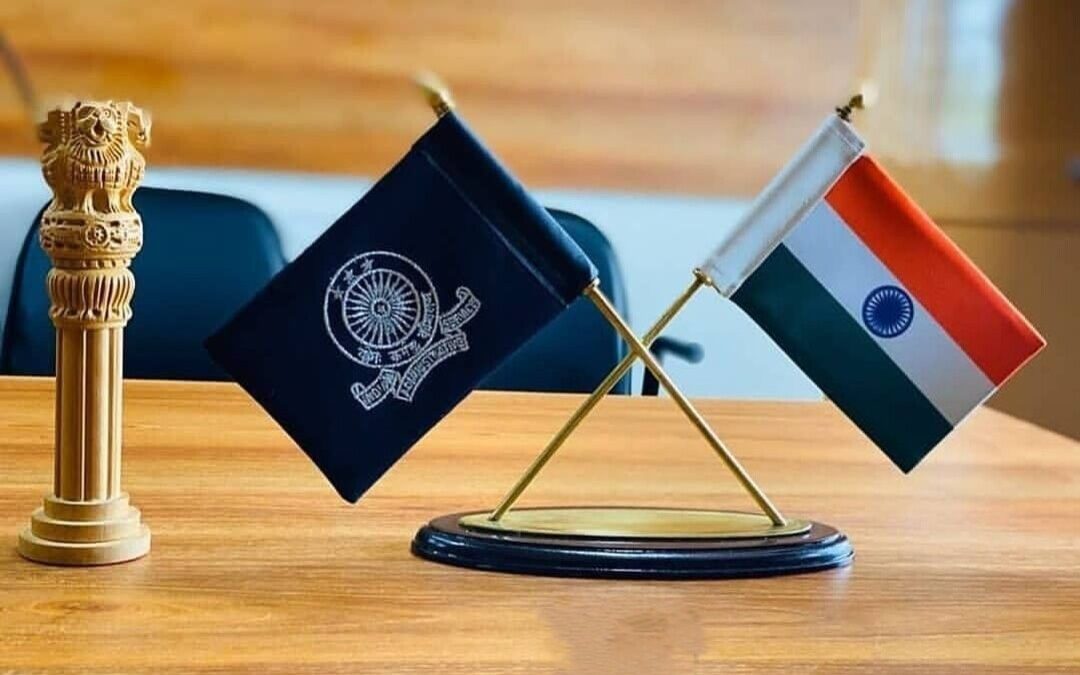India Sees Record Women Representation in IAS at 41% in 2023 Batch
India’s 2023 IAS batch sees record 74 women officers, reflecting growing diversity and push for inclusive governance.
India has recorded its highest-ever representation of women in the Indian Administrative Service, with 74 women officers comprising nearly 41 percent of the 2023 batch, Union Minister Jitendra Singh said on Saturday.
The announcement was made during an interaction with IAS Officer Trainees as part of the Assistant Secretary Programme, which attaches new recruits to 46 central ministries for an eight-week stint.
The initiative, launched in 2015, aims to expose young officers to policymaking at the central level early in their careers.
Describing the 2023 batch as the “youngest, most diverse, and most representative of New India’s aspirations,” Singh credited the record gender representation to what he called the “inclusive and progressive governance model” under Prime Minister Narendra Modi.
“The Prime Minister has always championed women empowerment. This milestone reflects his vision for a truly inclusive administrative framework,” Singh said.
Diverse Backgrounds and Regional Inclusion
In addition to the gender milestone, the batch includes officers from diverse academic backgrounds, with 99 engineers and others from medicine and technical fields.
The average age ranges between 22 and 26 years.
Singh highlighted the changing demographics of India’s bureaucracy, noting a surge in selections from underrepresented states, including Punjab, Haryana and regions in the Northeast. “This reflects the democratisation of civil services,” he said.
The Minister underscored the relevance of technical expertise in governance, citing the increasing reliance on data-driven and digital-first programmes like Digital India and Smart Cities.
Addressing the trainees, Singh encouraged them to leverage platforms such as iGOT Karmayogi, a digital learning ecosystem for public servants.
He also proposed a more flexible civil service model in which officers could gain experience in the private sector before returning as domain specialists.
Balancing Technology With Empathy in Governance
“India is on the cusp of becoming a developed nation by 2047,” Singh said, urging the officers to align their careers with the national vision of Viksit Bharat @2047.
Singh also stressed the need for emotional intelligence in public service, especially in grievance redressal.
He cited the Centralised Public Grievance Redress and Monitoring System, which he said has resolved over 2.6 million cases with a 98 percent success rate.
Despite technological advances, Singh said, “Many citizens still feel emotionally dissatisfied, which is why we have established a ‘human desk’ to provide emotional closure.”
During the session, Singh also emphasized initiatives to involve retired officers, including a digital repository of expertise and the Anubhav Awards, which promote the documentation of experiences by retiring officials.
He concluded with a call to action: “This batch symbolizes the hopes of a billion people. Uphold integrity, accountability, and the spirit of Antyodaya — serving the last person in the queue.”
Also Read:
India Expands Support for Women Scientists Facing Career Breaks

